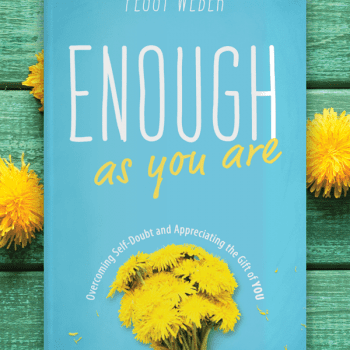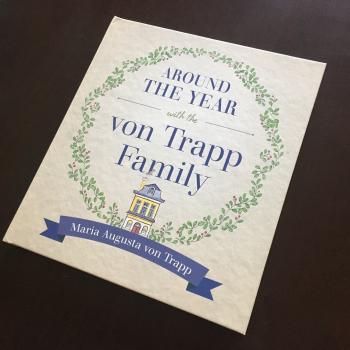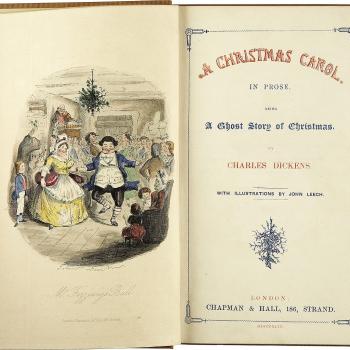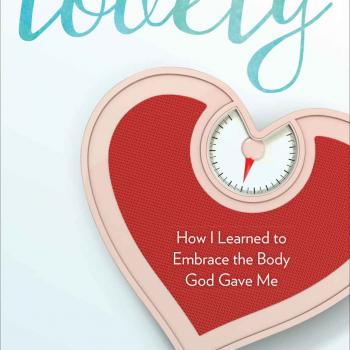Please note: This post contains affiliate links. You can read my full affiliate disclosure here.
I’m a fan of Claire Swinarksi’s “The Catholic Feminist” podcast, so I eagerly awaited my chance to read her book, “Girl, Arise!”
It did not disappoint. Now that I’ve read it once, I want to go back and read it again, slowly, with a highlighter. Or maybe invest in the Kindle version so I have a version I can electronically search and digitally highlight.
“Girl, Arise!” is a treasure trove of Catholic feminist wisdom. Had her book been available while I was writing mine, I would have quoted from it extensively.
For example, this part from pages 73-74:
If we truly want women to choose life, to be empowered in their decisions as mothers, we have to do a better job at supporting both working mothers and stay-at-home mothers. The vocation of marriage can be lived out in a million ways, and each one should be supported and celebrated. Part of feminism is trusting women to make the best decisions for their families, even if those decisions don’t look like the ones you would make yourself. There’s more than one option under the umbrella of morality. There isn’t simply one archetype of a holy Catholic wife.
And this part on page 88, about the folly of correcting or critiquing people with no relationship or charity:
If I hear one more woman claim that admonish the sinner was Jesus’ number one request, I’m going to scream so hard the pearls she’s clutching will fall right off. […] Real, loving, authentic corrections need to come from a place of love. Here’s Claire’s Quick Guide to Whether or Not You Can Correct Someone:
- Do you have their number in your phone?
- Do you know them really well? (Do you know their middle name?)
- Are they in a stable emotional place instead of a crappy hole where shit has recently hit the fan and they might burst into tears?
- Is your honest goal to bring them closer to heaven?
- Have you taken the log out of your own eye first? Meaning, have you made sure you’re not correcting someone else for doing something that you’re doing too?
“Girl, Arise!” is eminently quotable, and I could go on, but I highly recommend buying a copy and reading her words for yourself. In my opinion, this book is a must-have for any Catholic woman. It’d make a great gift for graduation, teen confirmation, or Mother’s Day!
Also, in case you’re wondering about the inspiration for her book’s title, it is taken from the Aramaic phrase Talitha koum, meaning “little girl arise” — words spoken by Jesus in order to restore a young girl to life (cf Mark 5:41).













